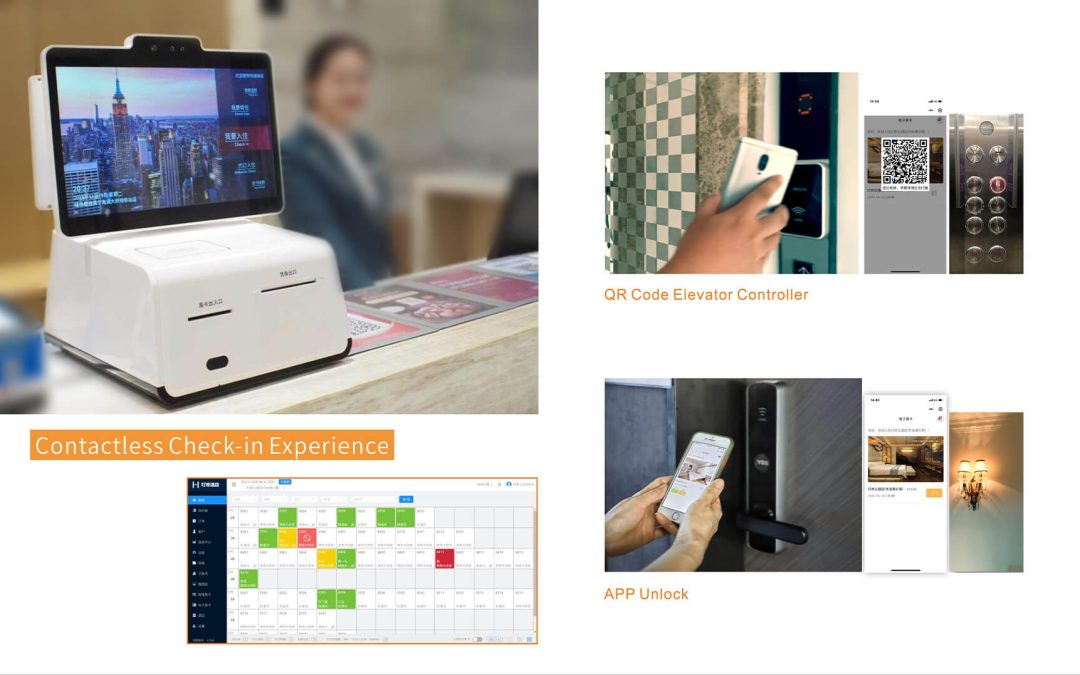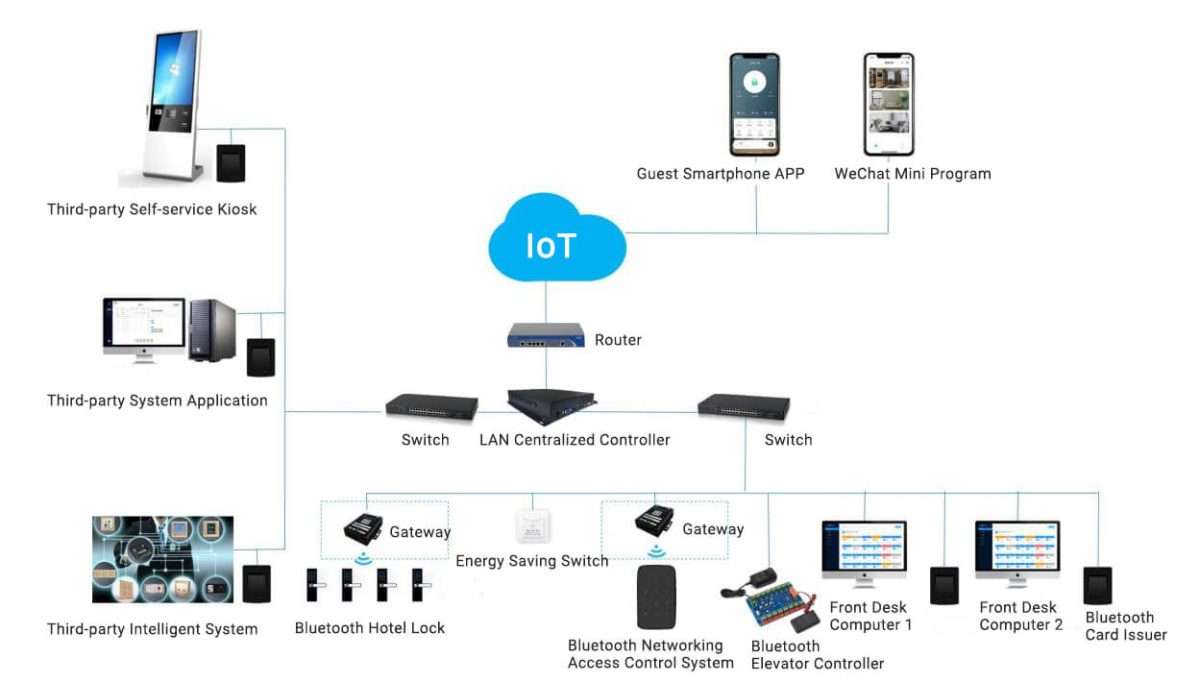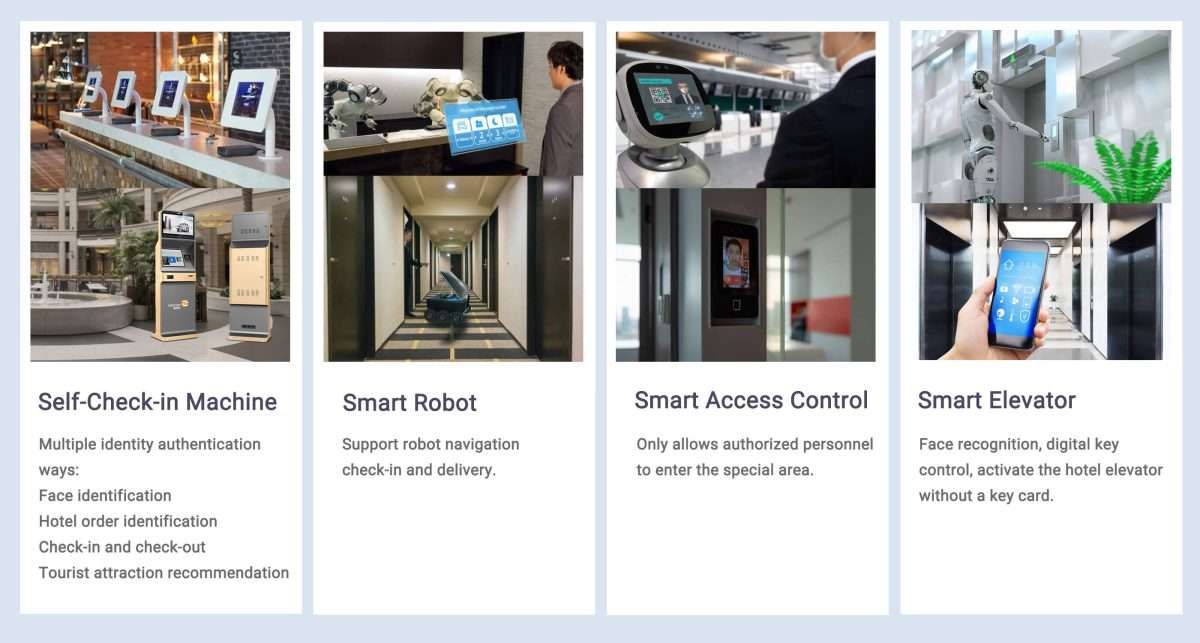The hotel industry has undergone significant technological changes in recent years with the development of IoT in hospitality industry. Modern consumers demand connectivity and personalization, and hotels that embrace the IoT can exceed these expectations by providing a more comfortable and efficient experience for their guests.
By utilizing IoT-connected devices, hotels can monitor and control everything from energy usage to maintenance needs, leading to a streamlined and innovative operation. The IoT has become a key driver of growth and success in the hotel industry, enabling operators to stay ahead of the competition and meet the ever-changing needs of their guests. Experience the future of hospitality with the cutting-edge technology of the IoT in the hotel industry.
In this article, we will explore how the Internet of Things (IoT) is changing the hospitality sector, from an introduction to IoT systems to their actual implementation in hotels. We will also analyze the risks of smart technology in hotels and how to deal with them and introduce a video that showcases the advanced features found in the world’s most cutting-edge hotels.
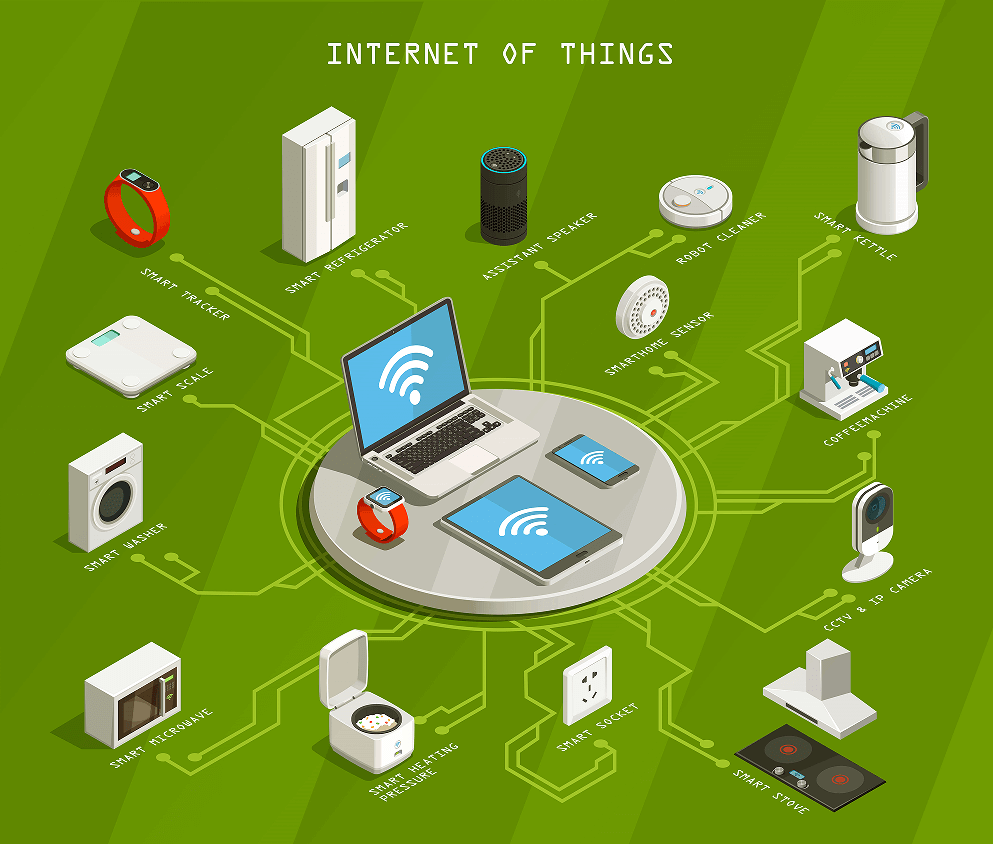
The Internet of Things (IoT) is an extension and expansion of the internet, connecting various smart devices to the internet. Enabling the interconnection of people, machines, and things at any time and any place.
The basic features of IoT can be summarized as overall perception, reliable transmission, and intelligent processing. The application of IoT involves various fields, including industrial, agricultural, environmental, transportation, logistics, security, and other infrastructure fields. Effectively promoting intelligent development, making more reasonable use and allocation of limited resources, and improving industry efficiency and benefits.
Speaking of which, you may still not be very clear about what IoT is. In fact, as long as you bring it into your daily life, you will find that you have already come into contact with many IoT-enabled devices. For example, smart home technology is one of the most well-known and popular IoT categories.
With smart solutions, you can remotely control your smart devices in your room, such as smartphone control, voice control, and more. They are not only suitable for private residences but can also be used in hotel rooms, apartments, and more.
The Relationship Between Smart Hotels and IoT Systems
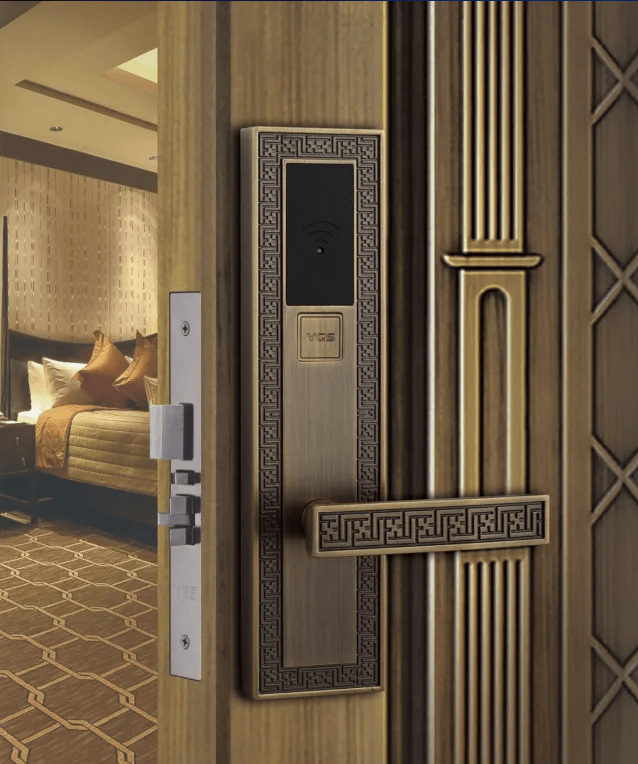
A smart hotel uses advanced technology and artificial intelligence to provide more personalized service and a more convenient check-in experience. And it also increases hotel management efficiency and reduces hotel operation costs. Smart hotels often use IoT technology to achieve these goals.
IoT technology allows smart hotels to connect various security devices, sensors, and systems to create a network of interconnected devices that can collect and exchange data. This data can be used to automate various tasks and provide a more seamless customer experience.
For example, IoT sensors can detect when a guest enters their room and automatically adjust the temperature, lighting, and music to their preferences. Smart locks can allow guests to enter their rooms with their personal devices, eliminating the need for keys. IoT sensors can also monitor energy usage, water consumption, and other resources to reduce waste and lower energy costs.
IoT technology can also be used to enhance guest engagement by providing personalized recommendations based on their behavior and preferences. For example, a smart hotel solution can use data from guests’ social media profiles to suggest local activities and attractions.
Overall, IoT technology plays a crucial role in the development of smart hotels, allowing them to provide a more personalized and convenient customer experience while also improving operational efficiency and reducing costs.
Wireless Networking Smart Hotel Locks Management System Architecture
System Features
※ Localize servers, the operating data does not need to be uploaded to the smart lock enterprise cloud, protecting the privacy of commercial data at all times.
※ Local + Cloud-based framework, ensures that any failure of hotel’s external network does not affect normal hospitality business operations.
※ Intelligent guest room management, clock synchronization, low battery alerts, and other features help reduce hospitality management costs and minimize operational losses.
※ PMS/Self-Check-in machine systems are easy to integrate without worry about operating system compatibility limitations.
Five Potential Uses For IoT in Hospitality Industry
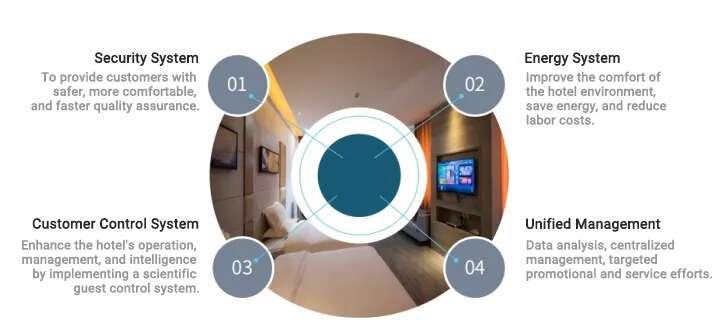
Super Personality Guest Experience
The biggest feature of the IoT is that it can provide your guests with a truly personalized experience. Through IoT integration, guests can use their smart devices to browse menus, from dining to entertainment, room temperature, lighting preferences, and other hotel amenities.
Similarly, with IoT technology, hotel operators can use smart devices to understand guests’ needs and preferences and provide a higher level of personalized guest service. It also enables quick communication between employees for efficient operations.
Optimize Supply Chain Management
The supply chain crisis became news in 2021 and 2022. However, thanks to the IoT, your business no longer has to be so easily affected by supply chain defects. For example, using IoT-enabled sensors gives you more ability to manage your “cold” supply chain than ever before.
For instance, with IoT smart hotels using asset tracking technology, hospitality staff can monitor the temperature of food and beverages, track their location, and even record shipping and arrival dates and times. This ensures you have all the information needed for real-time inventory management, reducing the possibility of inventory shortages or surpluses.
Better Security Measures
Every guest cares about hotel safety, and the IoT provides you with more effective tools than ever before to protect your guests. For example, smart keys eliminate the risk of traditional room keys being copied or stolen. When a guest checks out or loses their key, the smart key can be immediately deactivated remotely.
Additionally, smart keys can be unique, such as fingerprint unlock, which takes security to a new level. Because each people has their own unique biometric, this “key” can only be used by the guest themselves.
Energy Efficiency
Energy efficiency can reach up to 60% through the interactivity of multiple IoT devices. This ensures guest satisfaction, enhances energy-saving, and extends the lifespan of IoT products.
For example, when guests are not in the room, room sensors and smart thermostats can automatically turn off the air conditioning. And when guests return, it can automatically turn on to the temperature set by the guest.
Other room functions are the same, such as smart lighting and curtains, which can automatically adjust to reduce energy consumption.
Predictive Maintenance
To extend the lifespan of equipment and ensure customer satisfaction, hotels must perform regular maintenance checks on their devices.
With the help of IoT solutions, hotel managers can view real-time data about these devices on the system, as well as the last time they were maintained, making maintenance work simpler and more efficient, and effectively reducing corresponding hotel operational costs.
For example, if the system detects that the battery of a room’s door lock is running low, it will display a special color, so that the guest services staff can discover and replace the battery in time.
IoT Systems in Hotels
For Hotel Guests
Before Check-in:
※ Online booking
Guests can make reservations online with their mobile phones without queuing at the front desk.
※ Fast check-in
Say goodbye to the front desk, guests can complete the check-in process quickly by themselves. For example, use mobile devices check-in or self-service machines check-in.
※ Robot reception
Robots in the lobby provide guidance, hotel introduction, elevator-calling, and more hotel services for guests.
During the Stay:
※ Keyless entry
Supports various unlock methods such as mobile phone, ID card, password, and facial recognition for opening doors without a key.
※ Robot service
Robots are available 24/7 and provide meal and item delivery services, creating a new shopping and service experience for guests.
※ Intelligent control system
Guests can use smartphones, panel switches, room PADs, and other smart terminals to control room locks, air conditioning, lighting, appliances, curtains, etc.
※ Rich intelligent scenes
Switch between modes with one button and support customized room scene modes.
※ Voice-controlled customer services
Achieve the desired living space with just one sentence, from room control to hotel room service response, from audiovisual playback to entertainment and learning.
After Check-in:
※ One-click extension of stay
Quickly extend your stay through hotel app, WeChat mini program, or self-service machines.
※ One-click check-out
Check out quickly with phone apps, receive an electronic bill of room consumption, and deposit refund.
※ Online invoicing
WeChat mini program one-click invoice, automatically generate electronic invoices, effectively optimizing customer time.
For hotel staff
Six functions of hotel management software, help hotel staff streamline the hotel operation, improve efficiency, and provide better guest experiences.
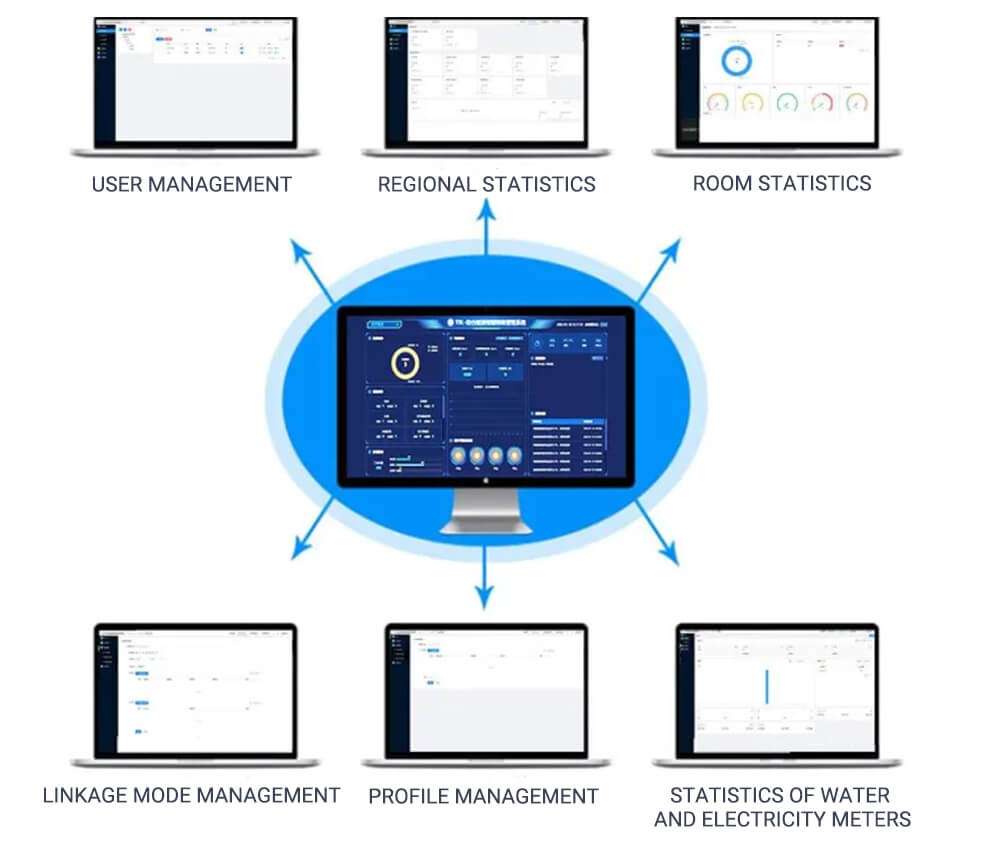
Reading this article to see more about smart hotel technology:
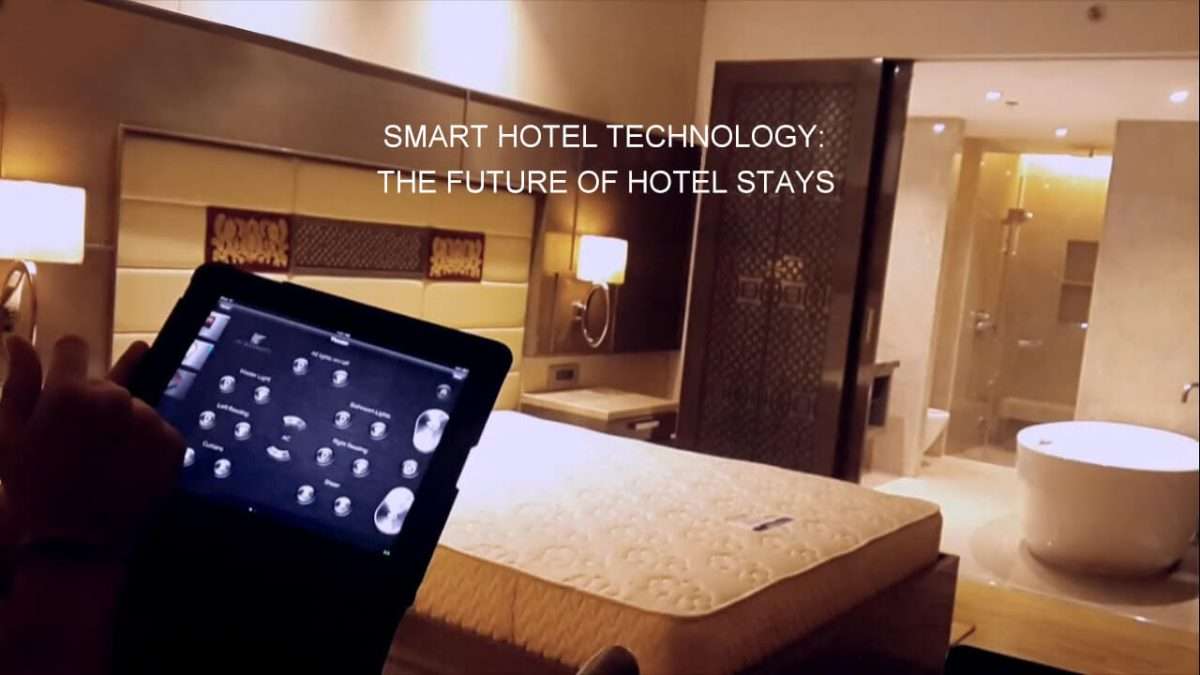
Today, with the constant development of modern technology, the smart internet era has penetrated all aspects of various industries. Especially in the hotel industry, traditional hotel management model is no longer suitable for modern hotel management needs. The emergence of smart hotel technology follows the trend of the times!
Success Stories of IoT Implementation in Hospitality
Risks of IoT in the Hotel Industry
The Internet of Things (IoT) can provide numerous benefits to the hotel industry, such as enhanced guest experiences, increased operational efficiency, and improved security. Howeseveral risks are also associated with using IoT devices in hotels. Here are some of the risks:
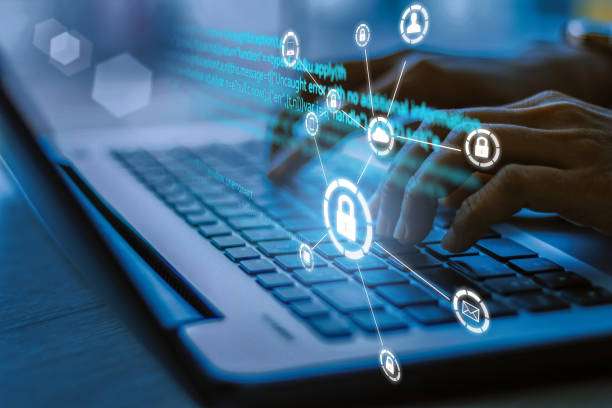
Cybersecurity risks: IoT devices in hotels, such as smart thermostats, lighting systems, and door locks, are vulnerable to cyber-attacks. If there is a poorly protected device, it can become an entry point for invading the entire system and thus gaining access to all of the hotel’s data.
Privacy risks: IoT devices in hotels can collect a vast amount of personal data from guests, such as their location, habits, and preferences. If this data falls into the wrong hands, it can be used for malicious purposes, such as identity theft.
Technical risks: IoT devices in hotels may experience technical glitches or failures, such as connectivity issues, software bugs, or hardware malfunctions. These issues can disrupt hotel operations and negatively impact guest experiences.
Integration risks: IoT devices in hotels may not be compatible with existing systems, such as property management systems or energy management systems. This can result in additional costs and complexity for hotel operators.
Maintenance risks: IoT devices in hotels require regular maintenance and updates to ensure they function properly and remain secure. Failure to perform these tasks can result in security breaches and system failures.
To mitigate these risks, hotel operators should implement robust cybersecurity measures, such as firewalls, intrusion detection systems, and data encryption. They should also provide guests with clear and transparent information about how their data is collected and used. Additionally, hotels should regularly update and maintain their IoT devices to ensure they remain secure and functional.
Final Thoughts
The Internet of Things (IoT) has not only changed the way we live our daily lives but also the way hotels operate. With the help of IoT, hotels can provide truly exceptional customer experiences through highly personalized and extraordinary customer service. From smart guest room automation to personality services, IoT has become the ultimate game changer for businesses looking to stay competitive in the digital age. At the same time, operators can harness the power of IoT to make their business operations smoother and more efficient than ever before.
Related Blog
With more than 20 years of smart lock experience, YGS could provide a set of hotel door lock management solutions for your hotel business.
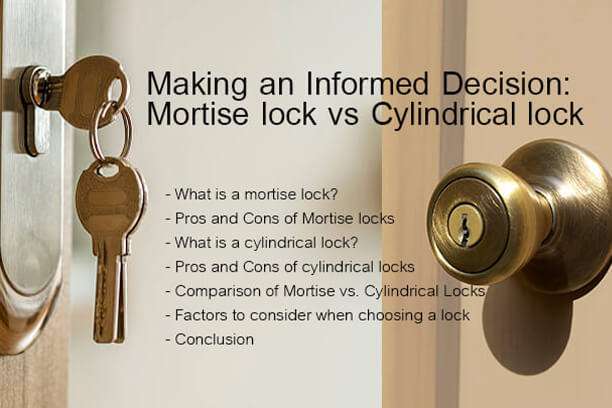
Feb 28, 2023 | Resources
When it comes to choosing a lock for your home or business, there are a lot of factors to consider. Two common types of locks that are often compared are mortise locks and cylindrical locks. While both offer a degree of security, they have significant differences in…
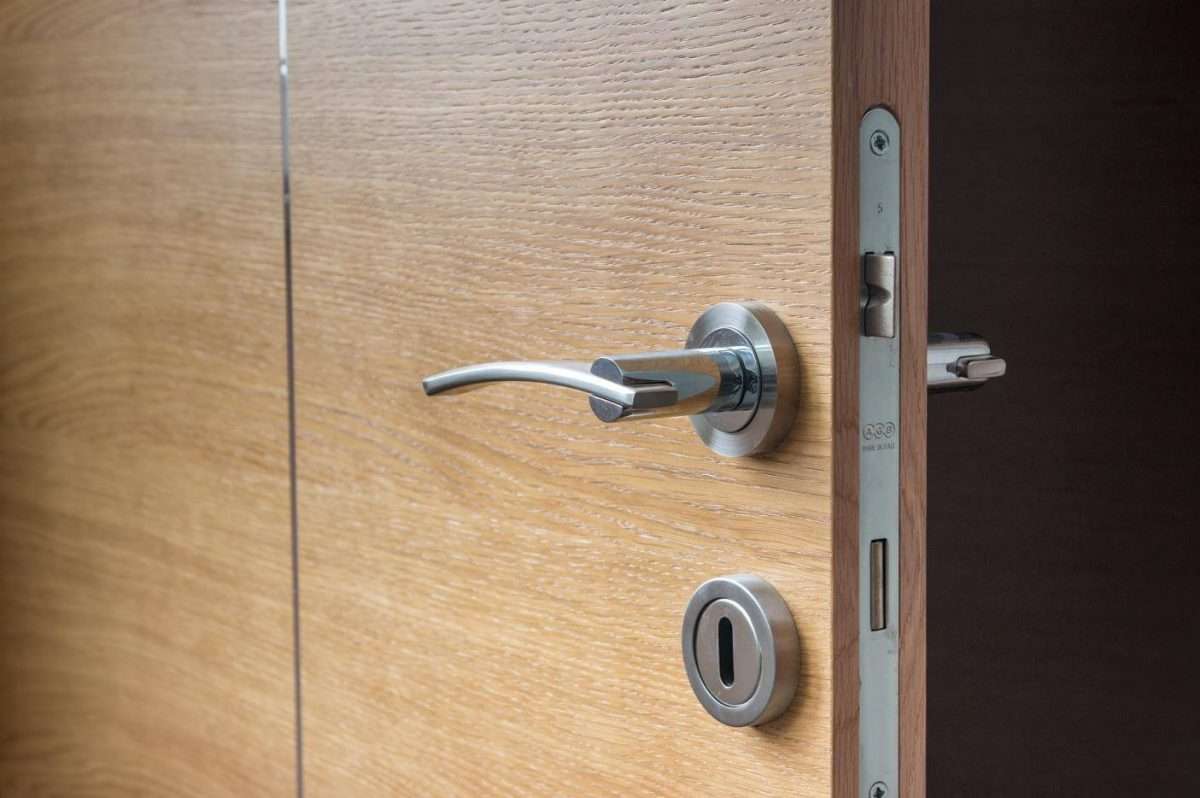
Feb 9, 2023 | Resources
Various types and styles of electronic locks have been developed over the years, and they are widely used in hotels, apartments, schools, office buildings, and other settings. Among them, the hotel is the first place to use electronic locks. The latest technology is…

Mar 3, 2023 | Resources
The hotel industry is dynamic and competitive, with businesses constantly seeking ways to improve efficiency and enhance guest satisfaction. Hotel management software features have become an essential tool in achieving…

Feb 13, 2023 | Resources
With the help of advances in technology, hackers can use an invalid room card to create a “master key” that can open the entire hotel building. As soon as the news came out, everyone was shocked. Many hotels have moved to higher security…
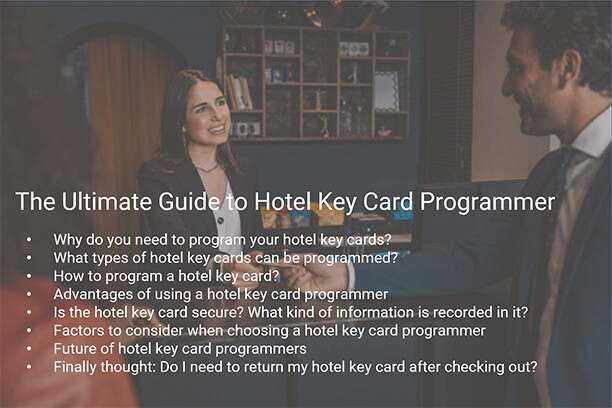
Mar 9, 2023 | Resources
If you are running a hotel, maybe you want to know everything about the hotel key card programmer. Here, we will explore the ins and outs of hotel key card programming and provide you with the information you need to understand…

Feb 10, 2023 | Resources
Hotel maintenance is a very important topic for discussion in the hospitality industry. Hotel maintenance not only affects the entire environment of the hotel but also affects the check-in experience for the guests. Therefore, the hotel should…

